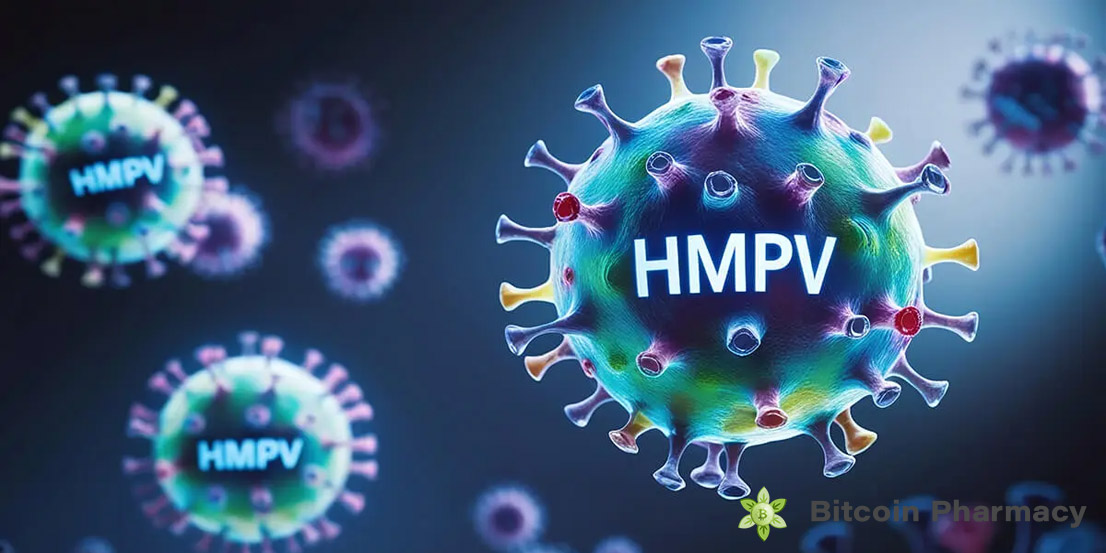Human metapneumovirus (hMPV) might not be a name you hear every day, but this respiratory virus, first discovered in 2001, can wreak havoc on your lungs. It belongs to the Pneumoviridae family, which also includes the infamous respiratory syncytial virus (RSV). While hMPV is generally more of an inconvenience in healthy adults, it can cause serious issues for young kids, the elderly, and anyone with a weakened immune system. Think of it like a nasty cold that can spiral into something much worse, like bronchiolitis or even pneumonia.
How Do You Know If You Have hMPV?
If you’re coming down with something that feels like a cold, but worse, hMPV might be to blame. The symptoms usually show up about 3-6 days after you’ve been exposed, and they can range from mild to severe. Here’s what to watch out for:
- A stuffy nose and constant sniffles
- A cough that won’t quit
- Wheezing or trouble catching your breath
- A fever that drags you down
- A sore throat that makes swallowing feel like a chore
- That general feeling of exhaustion, like you’re fighting something off
In severe cases, you might end up needing hospitalization, especially if it affects your breathing.
How Does It Spread?
hMPV is mostly spread through respiratory droplets when an infected person coughs, sneezes, or talks. So, if someone with hMPV is around, it’s pretty easy for the virus to travel through the air and land on you or surfaces you touch.
How Do We Deal with It?
Right now, there’s no magic pill to treat hMPV. Treatment is all about managing the symptoms and keeping your breathing steady. Here’s what the doctors might recommend:
- Drink plenty of fluids to stay hydrated
- Take medicine to bring down the fever and reduce inflammation
- Use inhalers or other breathing treatments to make it easier to breathe
As for prevention, it’s simple stuff: wash your hands often, avoid close contact with sick folks, and keep your immune system strong.
Can Stromectol (Ivermectin) Help?
Now, let’s talk about something a bit more interesting: Stromectol, or Ivermectin. This drug is mostly known for treating parasitic infections, but recent research suggests it might have some antiviral properties too. That’s right, it could potentially help with hMPV, though we’re still not sure if it actually works for this virus.
How Does Ivermectin Work?
Ivermectin’s mechanism is kind of like a roadblock for viruses. It prevents viral proteins from entering the host cell’s nucleus, which means the virus can’t replicate as easily. This makes it an exciting potential treatment for respiratory viruses like hMPV. But, here’s the catch: while lab studies show promise, we still need more clinical trials to figure out if it really works and whether it’s safe.
What’s Next for Ivermectin and hMPV?
So, is Ivermectin the next big thing in treating hMPV? Maybe, but we’re not there yet. Scientists are still testing it out, and we’ll need more studies to know the right dosages and possible side effects. Until then, hMPV remains a tough virus to crack, and we’ll have to wait and see if Ivermectin makes it into the arsenal of effective treatments.

